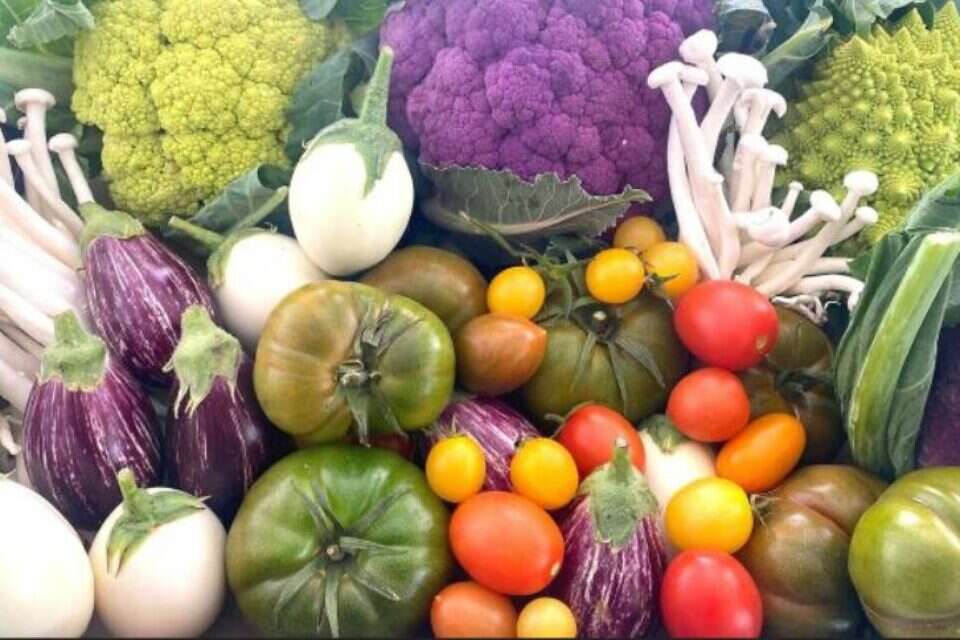Large marketing chains prefer to purchase produce from the Palestinian Authority instead of Israeli produce that comes from the south, from the north and from Judea and Samaria - according to a series of complaints that reached Israel Hayom.
The farmers accuse that the chains, which purchased Palestinian produce during the Shemita year, continue to do so even though it ended a long time ago, thus hurting them in a fatal way.
During the Shemita year, which ended on Rosh Hashanah, the marketing chains purchased Palestinian agricultural produce.
This, because it was not possible to purchase it from Jewish growers, either because the farmers did not grow it or for kosher reasons.
However, many months after the end of the shemita year, it becomes clear that some of the large marketing chains prefer to continue purchasing Palestinian produce, even though the quality is sometimes poor and there is insufficient supervision.
The farmers say that this is both an economic injury and a moral injury. Photo: Hashomer Yosh
"It's absurd"
"I grow blue-and-white par-excellence Israeli agricultural produce, 500 dunams of all kinds of vegetables, mainly tomatoes, eggplants, peppers and more," says Ilan Amar, a farmer from Moshav Mivathim in the south.
"I and other farmers around me feel that recently there are quite a few marketing chains from the largest in Israel, who order less agricultural produce than us, and receive their produce from the Palestinians. This is absurd."
"In the morning they burn our fields, fields on which we grow our agricultural produce; at night they shoot Qassams at us; and in the afternoon Israeli families who were in the security rooms purchase Palestinian agricultural produce because the marketing chains prefer this produce. Apart from that, it is also a produce that is much inferior to our produce Sometimes it contains various pesticides, there is really no supervision. It hurts our hearts," adds Amar painfully.
Eliezer Brett, CEO of the "Haslat" company, one of the largest companies in Israel for growing and marketing vegetables, says things in a similar vein: "Israeli farmers have no day and night, they invest everything in blue-and-white agriculture.
Our produce is one of the best compared to other western countries in the world - high quality, controlled, tasty, and there are no insects in our produce either.
We stand in front of those marketing chains and ask them to purchase Israeli produce and help their fellow farmers, especially farmers surrounding Gaza, many of whom grow for Hasalt.
It is in our soul.
"I hope that with God's help the same marketing chains, which before the year of the Shmita supported thousands of Israeli families, will once again support Israeli families who are on the front lines."
"She is not supervised"
Another farmer says that this is a phenomenon that began with the end of the current Shemita year, and is directly affecting Israeli agriculture.
"There are marketing chains that have fallen in love with the Palestinian agricultural produce, which is not subject to any supervision but is a little cheaper, and therefore those marketing chains order the vegetables and fruits from the Palestinians. We eat it. We have to lower prices to a minimum sometimes even at loss prices or decide that we do not sell at such a price, and remain With produce that goes to waste. It's really irrelevant."
were we wrong
We will fix it!
If you found an error in the article, we would appreciate it if you shared it with us

